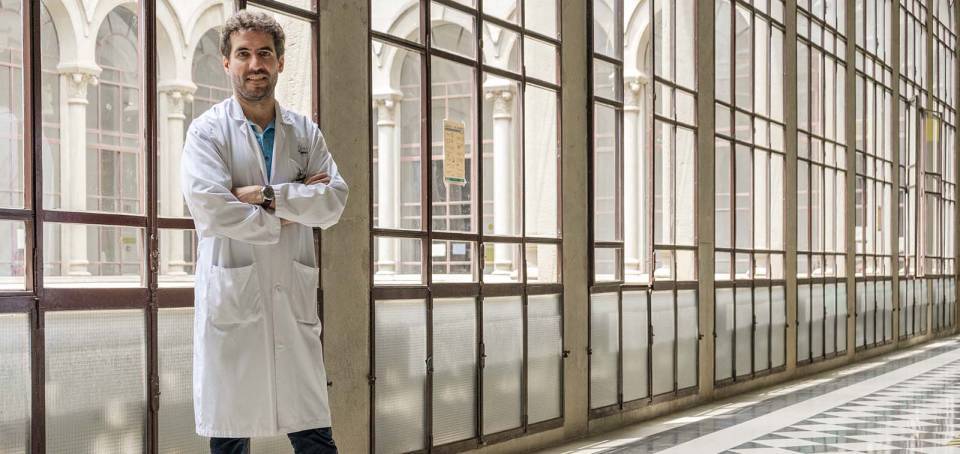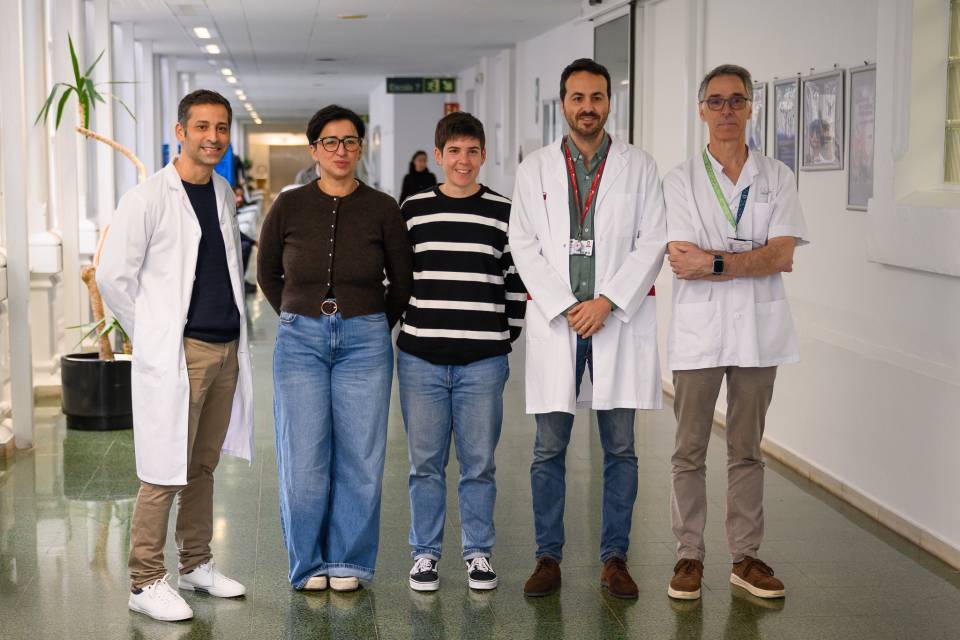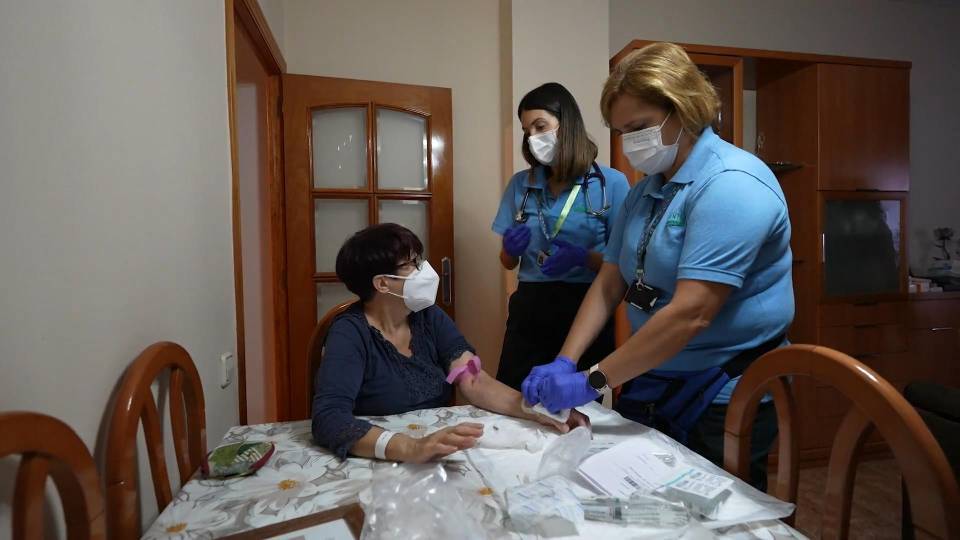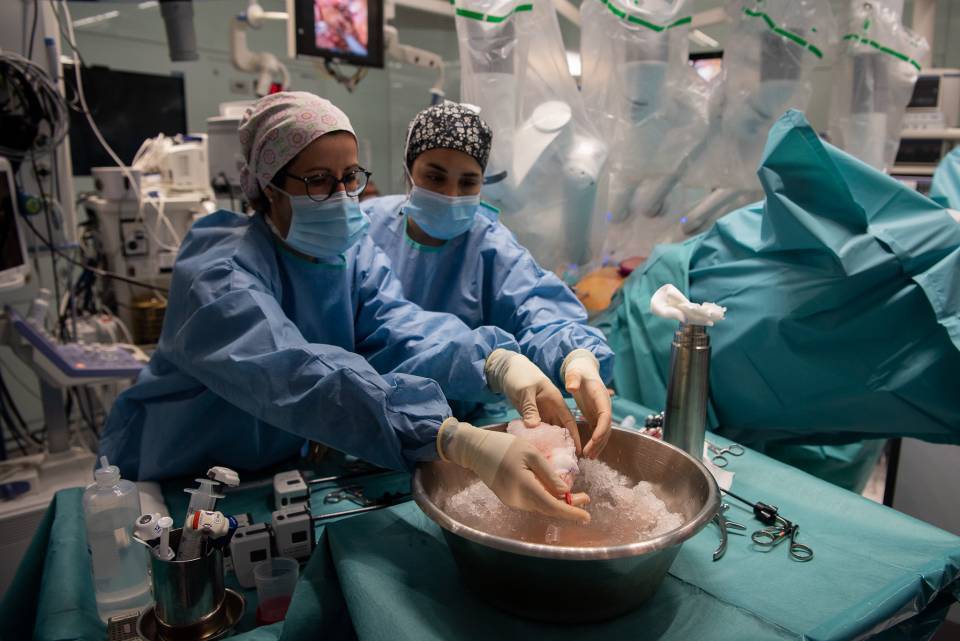Tuberculosis (TB) is the main infectious killer worldwide, and persons deprived of liberty (PDL) face some of the highest rates– up to 10 times higher than in the general population. This is because prisons often create ideal conditions for TB to spread: overcrowding, poor ventilation and long-term close contact. Many prisoners also have health conditions or behaviours- such as malnutrition, HIV, drug or alcohol use- that make them more vulnerable to the disease. And what happens in prison does not stay in prison. Prison staff, visitors and family members move in and out of these facilities, meaning that the TB burden in prisons also affects the broader community.
Quest for a new vaccine
A new, effective vaccine to prevent pulmonary tuberculosis in adults is considered a game-changer in the fight to end TB, and the WHO has identified PDL as a priority population for TB prevention efforts. “Yet, despite over a dozen vaccine candidates currently in development, none of the ongoing or planned trials include people in prison,” explains Alberto García Basteiro, physician at the Preventive Medicine and Epidemiology Department at Hospital Clinic Barcelona and ISGlobal researcher.
This absence can be partly due to a long history of unethical medical experimentation on prisoners and the real risk of coercion in a vulnerable setting. But García-Basteiro and other international experts in the field of TB vaccines argue that excluding PDL is also unethical if their right to choose is denied.
“Understandably, this is a highly controversial issue”, says Jason Andrews (Research Professor at Stanford University), a renown expert on TB in people deprived of liberty and first author of the piece “Some funders do not even want to discuss it. But we believe that, with the right protections, participation can benefit prisoners and help reduce health inequities.” Julio Croda, a physician scientist of Oswaldo Cruz Foundation and State University of Mato Grosso do Sul (Brazil) has implemented dozens of studies in prison population in his country, including drug trials. “PDL are the main vulnerable group for TB in Brazil and in several Latin American countries, they cannot be excluded from the development of new tools to fight the disease”.
Challenges of conducting trials in prisons
People in prison have a right to be included in trials, but the prison environment involves a series of challenges that need to be considered:
Ethical considerations. History shows many cases examples of abuse and exploitation of prisoners in medical research, even after the introduction of the Nuremberg Code and Declaration of Helsinki. Today, rules exist to protect prisoners while acknowledging their right to participate in trials, based on free, informed, and voluntary consent. This means adapting information to low literacy populations and ensuring the process is free of coercion, for example by masking participation where possible and by providing a private space for the whole process- from recruitment to visits. Importantly, participation should not have any influence on the prisoners’ sentence or treatment. Additionally, only vaccines that have already passed early-phase safety trials should be tested, to increase the benefit to risk ratio. Finally, if proven effective, PDL should be among the first to benefit from the vaccine.
Scientific considerations. One concern is that PDL may not represent the broader population, since many have health conditions – such as HIV, malnutrition, hepatitis C, alcohol and drug abuse – that may decrease the efficacy of any vaccine candidate. But, according to the authors’ modelling, including a proportion of PDL could make the trials faster, cheaper and more efficient.
Involving PDL, their families, and advocates in community boards would help researchers understand their views and concerns. Families can also support follow-up of participants if they are released or transferred to another prison.
“We should not make decisions for people deprived of liberty,” the authors conclude. “We must hear their voices and work together to design trials that are ethical and beneficial.” The aim is to enable them to participate safely in the testing of a vaccine that could significantly protect their health and that of their families.
Reference
Andrews JR, Chralambous S, Churchyard G et al. The participation of people deprived of liberty in tuberculosis vaccine trials: should they be protected from research or through research? Lancet Infect Dis. June 2025.




